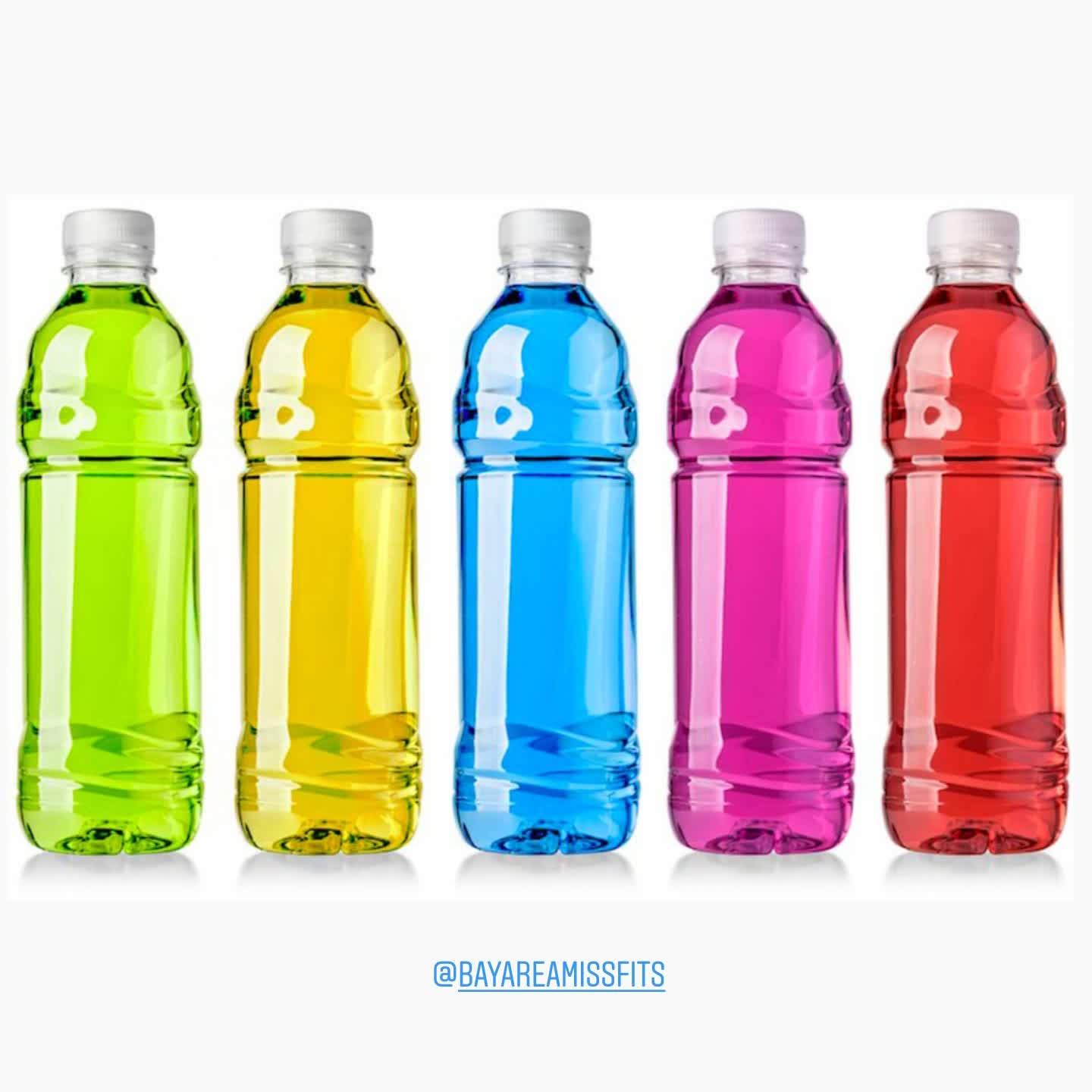Are Sports Drinks Bad for You? Are they more replenishing than water? Are there better ways to rehydrate and replace electrolytes?
Not all liquids are created equal, and not every drink will help protect you against the heat. In fact, drinks with large amounts of sugar can actually cause dehydration. Sports drinks, designed for athletes during prolonged physical activity in the heat, may not be the best form of hydration. While they have electrolytes which are helpful during long workouts, the high sugar content can make water a safer alternative.
When you exercise, it’s important to stay hydrated. Water is the most logical form of hydration. However, sports drinks contain sugar and electrolytes like sodium and potassium which can help replace what we lose during longer duration exercise, especially in the heat.
Electrolytes and carbohydrates help athletes refuel and rehydrate. This is what makes sports drinks popular. Electrolytes help regulate the body’s fluid balance while the carbs provide energy. Sports drink manufacturers claim their products hydrate better than water because of these additional ingredients. Some research backs their claim. A report from UC Berkeley says that sports drinks might be better than water for children and athletes who engage in prolonged, vigorous physical activity for more than one hour, especially in hot conditions. However, those exercising less than 60 to 90 minutes may not need the added ingredients to maintain or improve performance.

So, what about use of sports drinks for the average person? The vast majority of people who drink these popular sports beverages are not athletes. According to the Berkeley study, most people who drink sports drinks at least once a day aren’t as physically active as they should be.
A 12-ounce serving of a typical sports drink contains 21 grams of sugar. But because a regular bottle contains 32 ounces, you’re actually getting a whopping 56 grams of sugar. While that’s still less sugar per ounce than your average soda, it’s not exactly healthy. In fact, researchers say the sugar in sports drinks may be contributing to the childhood obesity epidemic by increasing caloric intake. When consumed often, the sugar content of sports drinks can also contribute to tooth decay, especially in children.
For people who are less active, getting extra sugar and sodium throughout the day isn’t necessary and definitely NOT recommended. The extra calories from a sports drink can contribute to weight gain. The extra sodium could potentially increase the risk of high blood pressure over time.
Another health risk to consider is the fact that many popular sports drinks contain food dyes such as Red No. 40, Blue No. 1, and Yellow No. 5. These artificial dyes are derived from petroleum and may increase the risk of hyperactivity in children. They’ve also been linked to cancer.
Make the right decision for your body
While sports drinks can help you stay hydrated, it’s best to only drink when needed. For people who are exercising at least one hour, five days per week, water is the best bet for staying hydrated. Electrolytes coming from natural sources without added sugars and dyes are recommended.
Experts suggest limiting consumption of sports drinks due to their sugar content and artificial coloring. In fact, it’s critical to evaluate sugar consumption from all sources, and make choices based on the healthiest options available.
For most of us, water remains the best source of hydration, and foods like fresh fruits and vegetables are the best source of carbohydrates and electrolyte replacement.
Recent Comments